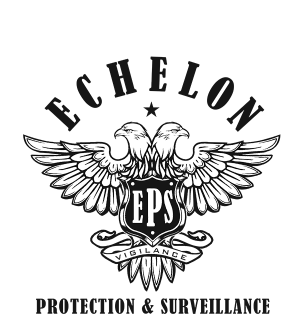
What Happened with the Killing of the UnitedHealth CEO?
Brian Thompson, 50, was fatally shot near the Hilton Midtown in New York City while on his way to an investor meeting. Authorities described the attack as targeted, noting the shooter left behind shell casings inscribed with phrases like “deny” and “depose,” possibly referencing insurance industry controversies.
Thompson had no personal security detail, a decision that now seems tragic in hindsight. Despite being CEO of the largest U.S. health insurance provider, Thompson was not a widely recognized figure. His death highlights the vulnerability of even lesser-known executives, especially in industries where public dissatisfaction can translate into direct threats.
What Actions Have Firms Taken in the Wake of the Attack?
The murder has prompted an industry-wide reassessment of executive security protocols. Security firms report a surge in inquiries from corporate clients seeking protection for their leadership teams. Many companies are now revisiting their security budgets and risk assessments, with particular focus on CEOs and public-facing executives.
High-profile sectors like healthcare, transportation, and retail, which frequently face public criticism, are leading the charge in bolstering executive protection. Many firms are expanding their security measures to include 24/7 protection, real-time monitoring, and detailed travel protocols. Risk assessments are increasingly factoring in public appearances, predictable routines, and social media activity as potential vulnerabilities.
What Do Firms Currently Spend on Executive Security?
Spending on executive security varies widely across industries and company sizes. For example, companies like Meta and Alphabet allocate millions annually to protect their CEOs, with Mark Zuckerberg’s security costs exceeding $14 million in 2023. In contrast, less than 30% of S&P 500 companies report providing any form of security for top executives.
Health-related sectors are now being scrutinized for their historically low spending on executive protection. While companies like Pfizer and Moderna have ramped up security investments, spending over $1 million annually on their CEOs, others, including UnitedHealth, have yet to catch up. UnitedHealth’s most recent filings revealed no significant expenditures on personal security for its executives.
What Does Executive Security Typically Entail?
Modern executive security encompasses a broad range of services to protect high-level individuals from physical and digital threats. Key elements include:
- Risk Assessments: Evaluating potential threats tied to public appearances, industry controversies, and personal routines.
- 24/7 Physical Security: Armed guards and protective details accompany executives to all high-risk locations, including conferences, travel, and public events.
- Secure Transportation: Use of corporate drivers, bulletproof vehicles, and private aircraft to minimize exposure during travel.
- Emergency Planning: Protocols for safe evacuation during incidents such as protests, attacks, or medical emergencies.
- Visual Deterrence: The visible presence of security personnel can dissuade potential attackers, as it signals the individual is well-protected.
Conclusion
The tragic killing of Brian Thompson underscores the urgency of rethinking executive security. In today’s climate of heightened risks, corporate leaders face unprecedented challenges, with their visibility and influence often making them targets. Companies must view executive security not as an optional luxury but as an essential component of their risk management strategy.
At Echelon Protection & Surveillance, we specialize in providing comprehensive security solutions tailored to the unique needs of executives and their families. Our services range from risk assessments and physical protection to advanced cybersecurity measures, ensuring complete peace of mind. The lessons from this tragedy are clear: proactive security measures save lives and preserve the stability of organizations in the face of evolving threats.


